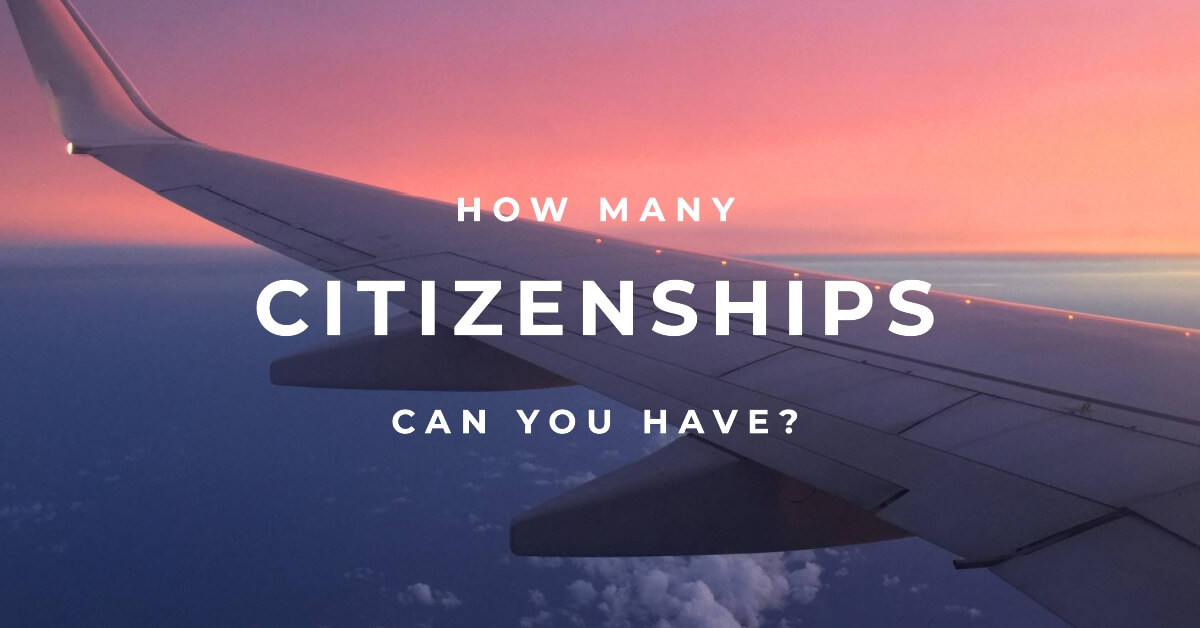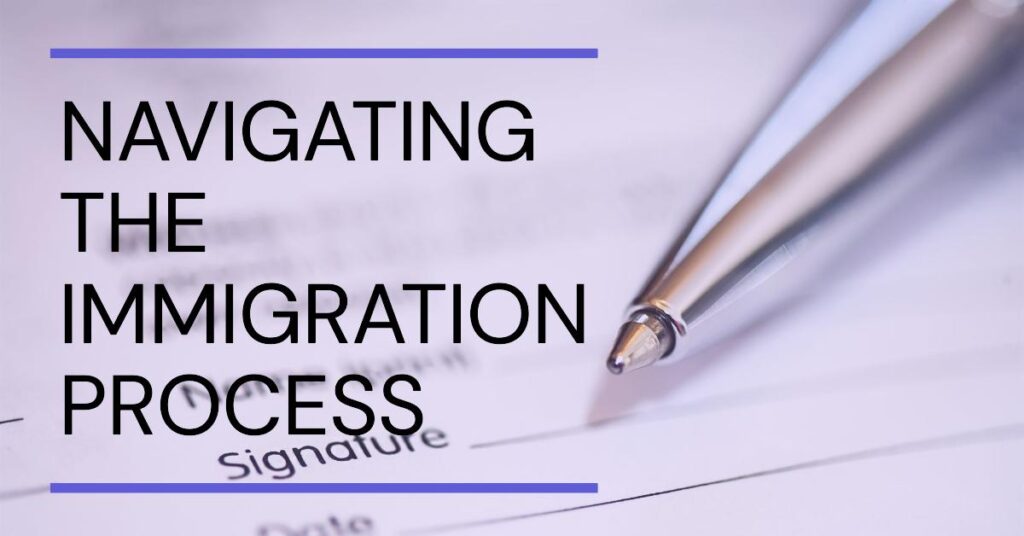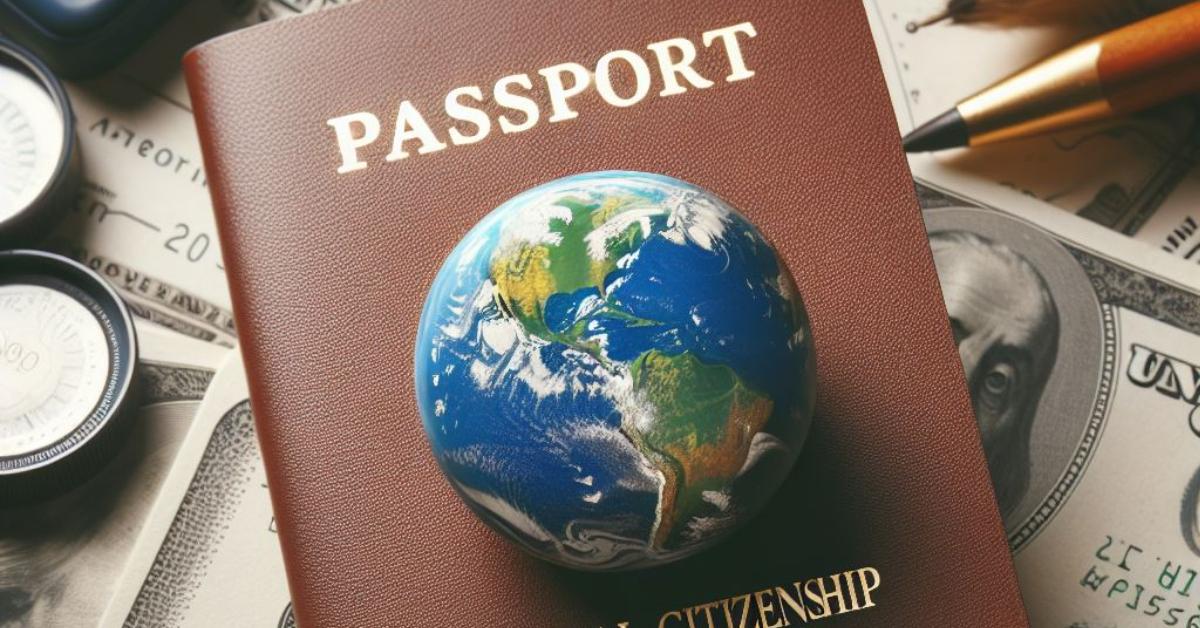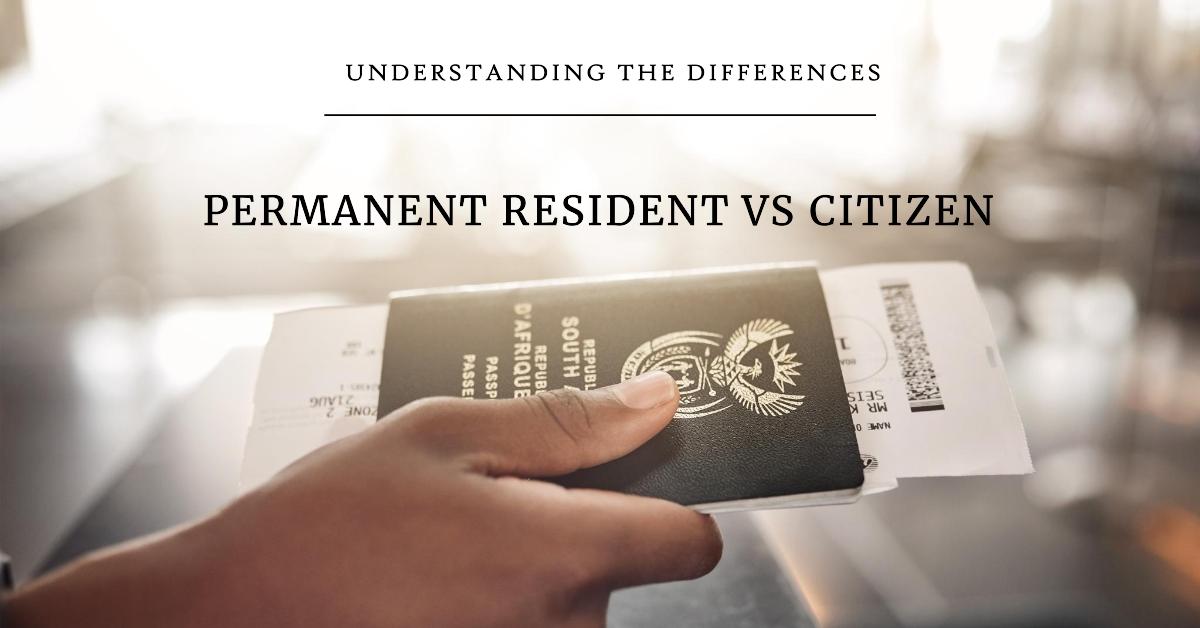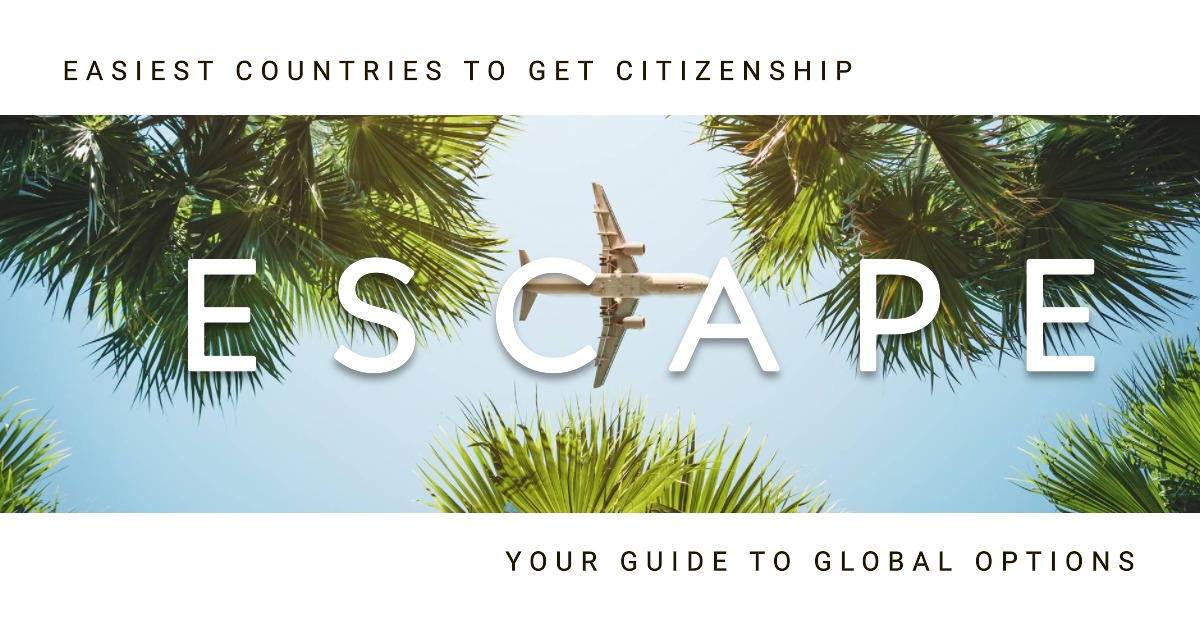Holding more than one citizenship opens massive opportunities for anyone, as having the backing of two countries or more is a great advantage in today’s challenging global landscape. Being a citizen of multiple countries may seem like a straightforward matter, but when it comes to application it can be extremely easy or absolutely complex depending on the situation.
In this piece we will cover how dual and multiple citizenship work, routes to a second citizenship (including investment programmes), the pros and cons, and which countries allow dual or triple citizenship.
Table of Contents
Can you hold more than one citizenship?
There’s no worldwide rule. It depends entirely on the laws of the countries involved. Many countries let their citizens hold more than one nationality, with no numeric cap. Most countries permit dual citizenship, and their citizenship laws determine whether you can hold more than one passport. That includes the United States (“another nationality or nationalities”), the United Kingdom, Ireland, Canada, Australia, and, since 27 June 2024, Germany (Federal Ministry of the Interior).
For example, British citizenship is governed by the UK’s laws, which permit dual or multiple citizenships without restriction, allowing individuals to hold more than one passport.
Others do not. India treats the voluntary acquisition of a foreign nationality as an automatic loss of Indian citizenship (section 9, Citizenship Act 1955), and the well-known OCI scheme is not dual citizenship. Singapore likewise prohibits dual citizenship for adults and expects citizens who naturalise elsewhere to renounce. In these cases, the country’s laws only allow one citizenship, so acquiring a new nationality requires you to give up your existing citizenship.
Some countries take a middle path. Spain recognises dual nationality only with Ibero-American countries plus Andorra, the Philippines, Equatorial Guinea, Portugal and France. If a Spaniard acquires, say, US nationality while living abroad, they must declare conservation of Spanish nationality at a consulate within three years to avoid losing it. Spain’s citizenship laws are an example of how a country’s citizenship can be lost or retained depending on dual or multiple citizenships and the country’s laws.
Always check each country’s rules before you apply. It is important to understand your existing citizenship status and the implications for second or third citizenship.
Can you have triple citizenship?
Yes, if all the relevant countries allow multiple nationality. There’s usually no legal limit like “only two”. A person could be US–Irish–British, for example, because those countries permit multiple citizenship. But where a country restricts multiple nationality (e.g., the Netherlands often requires renunciation on naturalisation), a “third” passport may cost you the first. Always check each country’s rules before you apply.
A note on “citizenship by investment”
Some countries do offer citizenship routes tied to investment. These are often structured as investment programs or a specific investment program, and they are a popular way to acquire citizenship or obtain citizenship quickly. However, whether you can keep your existing nationality alongside a new passport still turns on your current country’s law and your original citizenship (for instance, India or Singapore would treat the new citizenship as grounds for loss/renunciation, while some investment programs do not require you to renounce your original citizenship). Also remember that obligations can continue to apply in each country where you are a national (the US discusses duties and practicalities for dual nationals here: travel.state.gov).
Many high-net-worth individuals use a passport portfolio strategy to maximize the benefits of multiple citizenships through investment programs.
Which countries allow dual citizenship?
There isn’t a reliable global tally. Many countries (e.g., the US, UK, Canada, Australia, Germany, France) allow dual or multiple nationality, while others (e.g., India, China, Singapore, Qatar) don’t. Some of them like Spain, the Netherlands, South Africa, and Brazil allow it with conditions. See the table below for examples and official links.
You can check our complete list of countries that allow dual nationality, and the countries that do not allow it, here [insert link].
Countries that allow dual/multiple citizenship (no numeric cap)
Country | What the rule says | Source |
|---|---|---|
United States | Allows dual or multiple nationalities. | |
United Kingdom | Dual/multiple nationality is allowed. | |
Canada | Canadians may take another citizenship and keep Canadian. | |
Australia | Australia allows dual citizenship. | |
Germany | Since 27 Jun 2024, multiple citizenship permitted. | |
Ireland | You don’t have to give up another citizenship to become/claim Irish. | |
France | You can have multiple citizenships (e.g., two or three). | |
Italy | Italian law allows keeping/adding other citizenships (unless the other state forbids it). | |
Portugal | Law permits holding other nationalities; no need to renounce. | |
Belgium | Dual/multiple nationality permitted. | |
Switzerland | Multiple nationality recognised without restriction since 1992. | |
Sweden | Sweden allows dual and multiple citizenship. | |
Norway | Dual/multiple nationality allowed from 1 Jan 2020. | |
Denmark | Since 1 Sep 2015, Danes may hold multiple citizenships. | |
Finland | Finnish legislation allows multiple nationality. | |
Poland | Dual allowed; in Poland you’re treated only as Polish. | |
Czechia | Dual/multiple nationality permitted. | |
Hungary | Dual citizenship is permitted under Act LV/1993. | |
Israel | Israel recognises dual nationals (practical travel notice here). | |
New Zealand | NZ allows dual/multiple citizenship. |
Countries that allow but with conditions / special handling
Country | How it works | Source |
|---|---|---|
Spain | Dual nationality by treaty (Ibero-American states, Andorra, Philippines, Equatorial Guinea, Portugal, France). With others (e.g., US), a Spaniard who naturalises abroad must declare conservation within 3 years to avoid loss. | |
Netherlands | Generally tries to limit dual nationality; many new citizens must renounce, with exemptions. Long-term absence rules can also trigger loss. | |
Brazil | Multiple nationality allowed mainly when the other citizenship is by birth/descent or naturalisation imposed by foreign law. | |
South Africa | Dual allowed, but apply for a retention letter before voluntarily acquiring a new nationality, or you may lose SA citizenship. | |
Russia | Recognises that citizens may hold another nationality, but imposes notification/special rules; Russia won’t recognise other citizenship domestically. | |
Turkey | Dual citizenship is allowed; no adult “choose one” rule. | |
UAE | 2021 amendments let specific categories (investors, exceptional contributors) acquire Emirati nationality and keep their original one; discretionary, not general. |
Countries that generally do not allow dual citizenship (or require a choice)
Country | What the rule says | Source |
|---|---|---|
India | Dual citizenship not permitted; OCI is not citizenship. | |
China | PRC does not recognise dual nationality. | |
Singapore | Adults cannot hold dual; must renounce if you acquire another. | |
Japan | People with multiple citizenships must choose one (normally by age 22 if acquired at birth). | |
Qatar | Dual nationality not recognised. |
How to obtain dual nationality
Becoming a citizen of another country is possible through several routes. Which ones work for you depends entirely on the laws of both your current country and the country whose citizenship you seek.
1) By birth (jus soli / right of soil)
Some countries automatically grant citizenship at birth to people born on their territory. For example, in the United States, the Fourteenth Amendment ensures that nearly everyone born in U.S. jurisdiction is a U.S. citizen at birth (USCIS). Children born within a country’s territory may automatically acquire citizenship, and natural born citizens often have special rights compared to those who acquire citizenship later.
Canada also grants birthright citizenship except in limited exceptions, such as children of foreign diplomats. Canadian citizenship is granted to children born in the country’s territory, regardless of their parents’ nationality.
2) Naturalization
This is one of the most common routes. It typically requires legal residency for a minimum period, a clean legal record, and often language or civics exams. For instance, the UK lets permanent residents apply after five years (and at least one year as a settled / permanent resident). Permanent residency is often a prerequisite for naturalization, and some countries require a certain period of physical presence before applying. Other countries demand longer periods or additional requirements. Some, like Saudi Arabia or Qatar, rarely naturalise foreigners outside of royal decrees. Foreign nationals seeking citizenship in a foreign country must meet specific residency and legal requirements.
3) Citizenship by marriage
Many countries permit spouses of citizens to apply for citizenship with eased requirements. The marriage must be genuine, and there may still be residency, language or other obligations. For example, in the U.S., spouses of citizens can qualify for naturalisation after three years of permanent residence (USCIS). The process for spouses of American citizens can also lead to obtaining a US passport.
4) Citizenship by investment
Some countries offer “Citizenship‑by‑Investment” (CBI) programmes: contribute to a fund, buy real estate, or invest in business in exchange for citizenship. Well‑known programmes include Dominica, Grenada, St Kitts and Nevis, Antigua & Barbuda, Saint Lucia, and Turkey. Spanish citizenship has specific rules for dual or multiple citizenships, and Spain generally restricts dual nationality except for certain countries. Caribbean countries are popular for citizenship by investment programs, and golden visas in European countries and EU countries offer similar pathways to residency and citizenship. Typical investments start around USD 100,000–200,000, depending on the country and the type of investment. Processing is relatively fast, usually a few months, and applications extend to dependants such as a spouse, children, or parents. Due diligence checks are strict, and requirements vary by country. Investment programs in European countries often require minimal physical presence and are open to foreign nationals.
Applicants may need to pay taxes in more than one country if they acquire multiple citizenships, depending on the tax laws of each country.
Benefits of having more than one citizenship
Having more than one citizenship can unlock real, practical advantages. Holding multiple citizenships provides access to consular protection from more than one country, offering additional security and support while abroad. Here are the main benefits many pursue when becoming citizens of more than two countries and obtaining new passports:
1) Increased travel mobility
A second passport can remove a lot of visa admin. For example, the St Kitts & Nevis passport offers visa‑free or visa‑on‑arrival access to 154 destinations on the Henley Passport Index 2025 ranking. Note that some countries now require pre‑travel authorisations even for visa‑exempt visitors. The UK’s ETA applies from 8 January 2025 to visa‑exempt nationals, including citizens of St Kitts & Nevis (CIU St Kitts & Nevis). The EU is also tightening its visa‑free suspension mechanism and will roll out EES in October 2025, with ETIAS expected from late 2026 (EU Council press release). Building a passport portfolio allows individuals to maximize travel freedom and global mobility.
2) Safeguarding your family
Multiple citizenships provide a legal right of residence in more than one country and, often, easier access to healthcare, schooling, work and property. Ensuring your family has a contingency plan and another country to live their life to the fullest in case something bad happens in your home nation is critical. Second citizenship allows to ensure your family does not lose control of their life and well-being. Having as many citizenships as possible can provide additional security and options for families.
3) Managing your tax position
Tax outcomes depend primarily on tax residence and the source of income, not on citizenship. The OECD explains that citizenship alone does not determine tax residence (OECD tax residency overview). A major exception is the United States, which taxes its citizens on worldwide income wherever they live (filing and payment obligations continue until renunciation) (IRS – citizens and resident aliens abroad). A second citizenship on its own will not reduce your taxes; changing where you are tax‑resident (and having the right to live there) is what typically matters.
4) Enhanced business flexibility
Better mobility helps founders and executives meet clients, open bank accounts in person, and attend to compliance on time. In corporate structuring terms, Nevis is a well‑known jurisdiction where foreigners can form companies without needing local citizenship. Nevis LLCs and IBCs can have managers, members, directors or shareholders of any nationality and residence (Nevis FSRC – LLCs; Nevis FSRC – IBCs). You still need to meet KYC/AML checks and consider where the company is managed and controlled for tax purposes.
Holding multiple citizenships is a strategic choice for many individuals seeking global flexibility.
Is it possible to travel the world visa‑free?
There isn’t a stable mix of passports that lets you enter every country visa‑free (even if you skip North Korea). A handful of destinations still require a visa or tightly controlled entry for almost all visitors, and more places now use pre‑travel authorisations.
Common roadblocks in 2025
- Bhutan – you must apply for a visa and pay the US$100 per person per night Sustainable Development Fee.
- Libya – visas are required and issued only with prior approval.
- Eritrea – most visitors must obtain a visa in advance.
- Turkmenistan – the country introduced e‑visas in 2025, but this is still a visa, not visa‑free entry.
“Visa‑free” often still means admin
- The UK now requires an Electronic Travel Authorisation (ETA) for most visa‑exempt visitors. It costs £16 and applies before you travel; official guidance: https://www.gov.uk/eta.
- Europe is adding two systems: EES (Entry/Exit System) starts 12 October 2025, and ETIAS is due in late 2026.
Frequently Asked Questions
How many citizenships can you have in the US?
You are allowed to have dual citizenship or more in the US. The American government does not require you to renounce any citizenship if you obtain dual citizenship, and it even allows you to have more than just dual citizenship and become a multiple citizenship holder.
How many citizenships can you have in the UK?
The UK allows you to go beyond dual citizenship to hold as many as you like.
Can I have three citizenships?
Yes, it is allowed depending on your original nationality and the other nationalities you will get, you can go beyond dual citizenship and have three or more.
Is it illegal to have three passports?
It depends on the countries concerned. In places like the US and UK, holding three (or more) passports is legal because multiple citizenship is allowed (see the official links above). If one of your nationalities prohibits dual citizenship, holding another nationality can be unlawful until you renounce the restricted one. Always check the current law for each country you hold or plan to hold.
Can I have 3 citizenships in the USA?
Yes. U.S. law permits multiple citizenship and does not require you to choose between them.
What is the easiest country to get dual citizenship?
Antigua & Barbuda, Dominica, Grenada, St. Kitts & Nevis, St. Lucia, Turkey, and Vanuatu all have programs to get their citizenship by investing in the nation, and are the easiest nations to get dual citizenship from.

